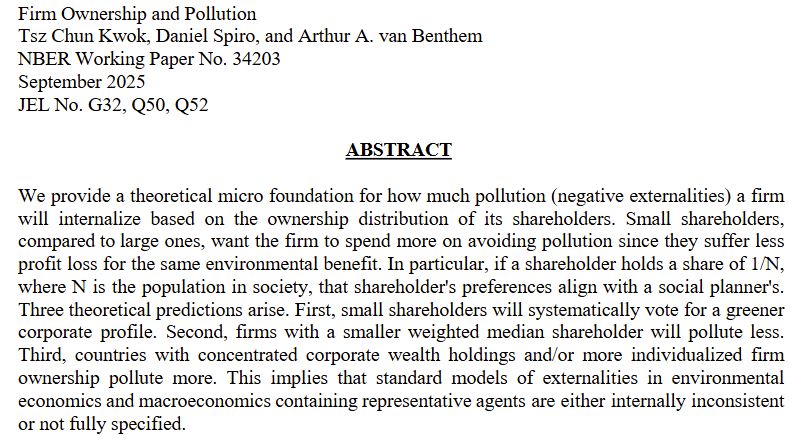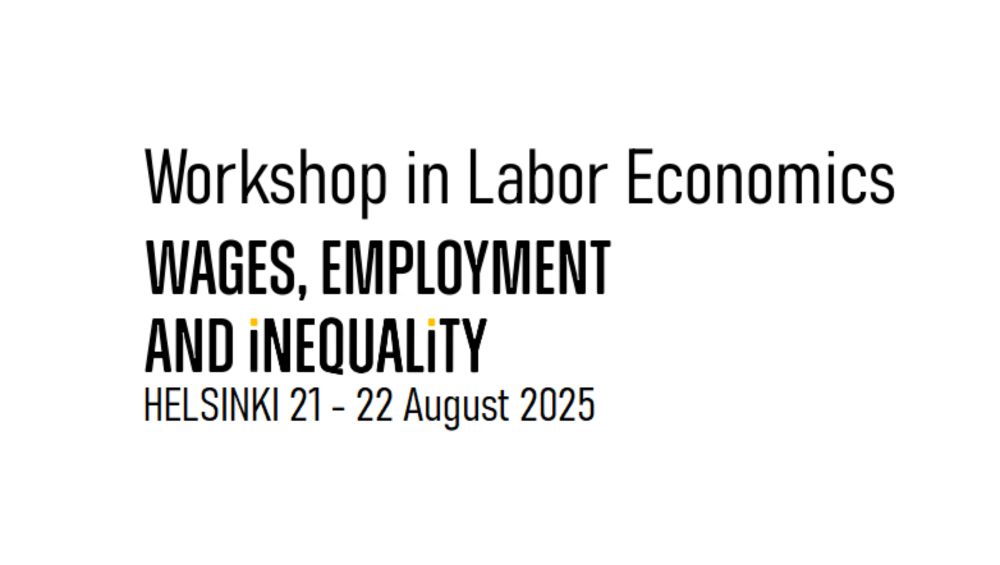Tsz Chun Kwok
@tckwok.bsky.social
13 followers
18 following
7 posts
PhD candidate at Uppsala University
Posts
Media
Videos
Starter Packs
Tsz Chun Kwok
@tckwok.bsky.social
· Sep 8
Tsz Chun Kwok
@tckwok.bsky.social
· Sep 8
Tsz Chun Kwok
@tckwok.bsky.social
· Sep 8
Tsz Chun Kwok
@tckwok.bsky.social
· Sep 8
Reposted by Tsz Chun Kwok
Reposted by Tsz Chun Kwok






